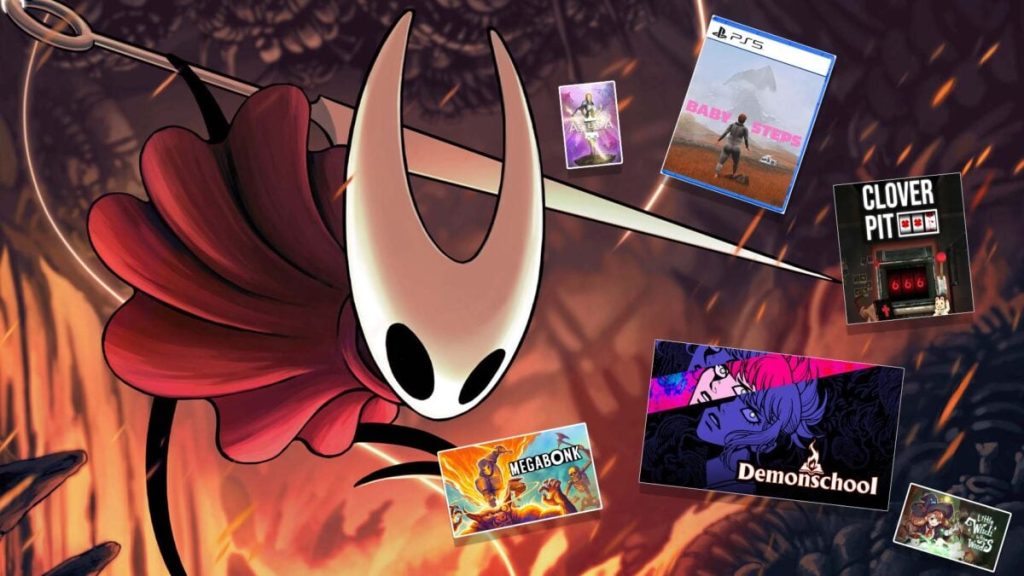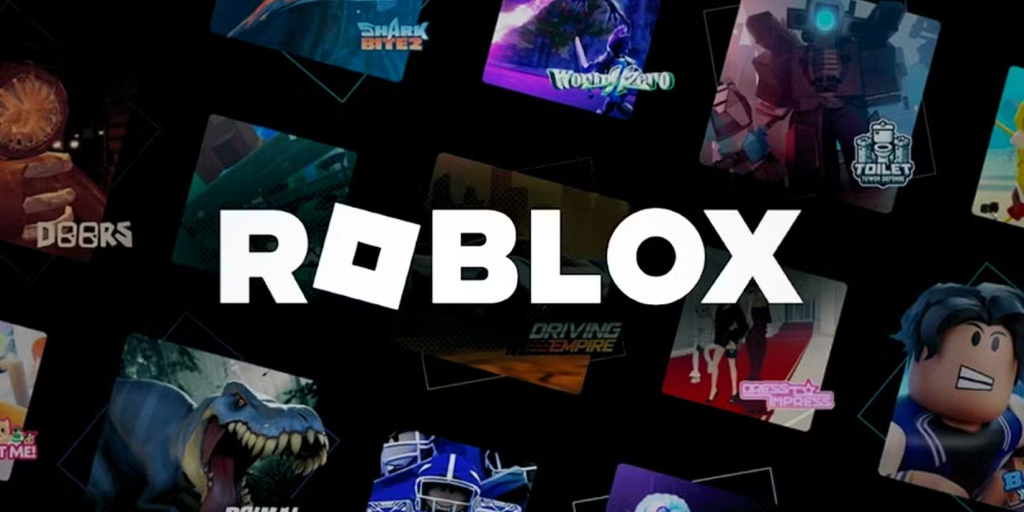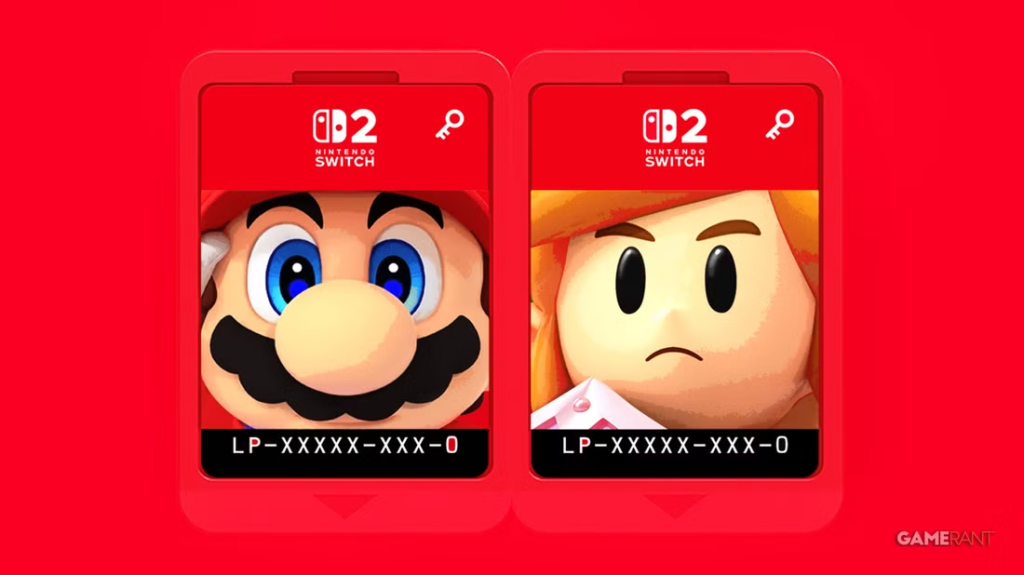Indie Game Developers Reshape Release Schedules in Response to Hollow Knight: Silksong Launch
The indie gaming calendar for September 2025 is undergoing major shifts following the sudden and long-awaited announcement that Hollow Knight: Silksong will officially launch on September 4. Team Cherry’s sequel to the critically acclaimed Hollow Knight has been one of...
Đăng bởi:Ngân Anh | 27/08/25
The indie gaming calendar for September 2025 is undergoing major shifts following the sudden and long-awaited announcement that Hollow Knight: Silksong will officially launch on September 4. Team Cherry’s sequel to the critically acclaimed Hollow Knight has been one of the most anticipated indie titles of the decade, and its confirmed release date immediately forced smaller studios to reconsider their own plans.
For many indie developers, competing directly with Silksong is simply not an option. The original Hollow Knight became a landmark title in the genre, selling millions of copies and cultivating a fervent global fanbase. With the sequel already dominating social media and gaming discourse, smaller projects risk being overshadowed entirely. The result has been a cascade of delays, as teams attempt to find breathing room in an increasingly crowded release window.

One of the most notable adjustments came from Panik Arcade’s CloverPit. Originally slated to launch on September 3, just one day before Silksong, the game has now been pushed back to September 26. The studio acknowledged that launching so close to such a monumental release would likely diminish visibility, while also noting that the delay provides valuable time to polish and refine the final product.
Similarly, Faeland, which had been preparing for a September 9 release, announced an indefinite postponement. Its developers assured players that a new date would be shared soon, framing the delay as both a practical necessity and an opportunity to deliver a more complete experience. Another casualty of the shake-up is Aeterna Lucis, which has now been moved to 2026. The team cited the challenge of managing next-gen platform support as well as the unavoidable market disruption caused by Silksong’s looming arrival.
Perhaps the most dramatic shift came from Demonschool, a tactical RPG with Persona-inspired mechanics that had already experienced delays in its development cycle. Originally set to release on September 3, the title will now debut on November 19. Publisher Ysbryd Games admitted that launching in what they described as “blood-red waters” created by Silksong’s release would be a serious misstep, and pushing the game to November offers both marketing clarity and a better chance of reaching its intended audience.
Devolver Digital also adjusted its plans for Baby Steps, the offbeat physics-driven “walking simulator.” Initially scheduled for September 8, the game will now arrive on September 23. The publisher was candid about the decision, emphasizing the importance of visibility in a market moment dominated by Silksong. Similarly, Little Witch in the Woods shifted its 1.0 release to September 15, balancing the desire to avoid direct conflict with Team Cherry’s launch while also ensuring enough time to address player expectations.
Even smaller projects have not been immune. Frogteam Games postponed its demo for Stomp and the Sword of Miracles indefinitely, acknowledging that releasing in Silksong’s shadow would make it difficult to attract attention. The delay, the studio explained, allows them to reassess their strategy while continuing development without the pressure of competing against one of the industry’s most anticipated indie titles.
Despite these moves, September remains crowded. Titles such as Hell Is Us and Cronos: The New Dawn are still scheduled for release in the same window, though their studios have yet to confirm whether they too will reschedule. The shifting calendar underscores a recurring truth in the gaming industry: when a cultural juggernaut like Silksong arrives, even months of planning can unravel overnight.
For many developers, the choice is less about defeat and more about survival. The indie scene thrives on visibility, and even critically strong titles can be buried if they launch at the wrong time. By moving their games away from Silksong, studios hope to protect their investments, maintain momentum, and give players the opportunity to discover their work without distraction.
As September approaches, one thing is certain: Hollow Knight: Silksong has already reshaped the indie release landscape, before a single player has even stepped foot into its long-awaited world.







